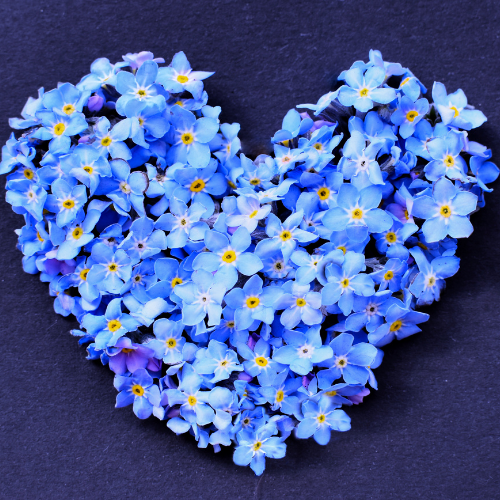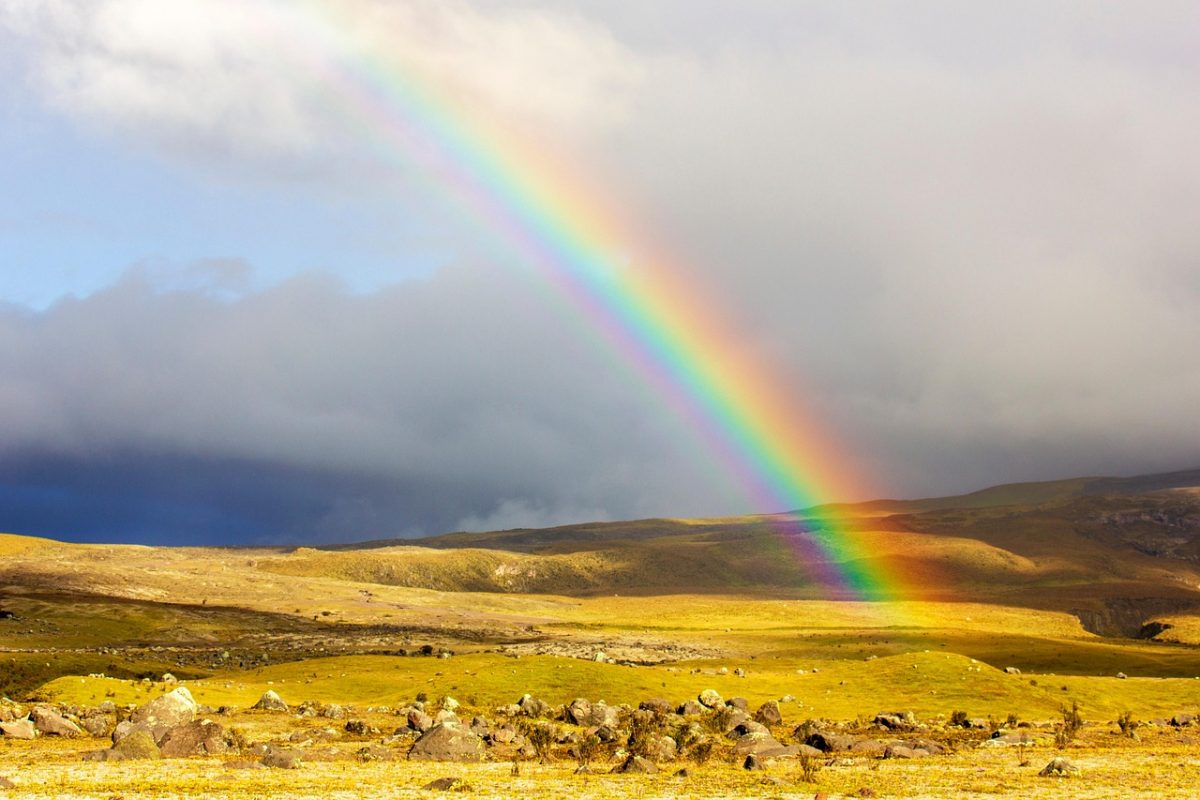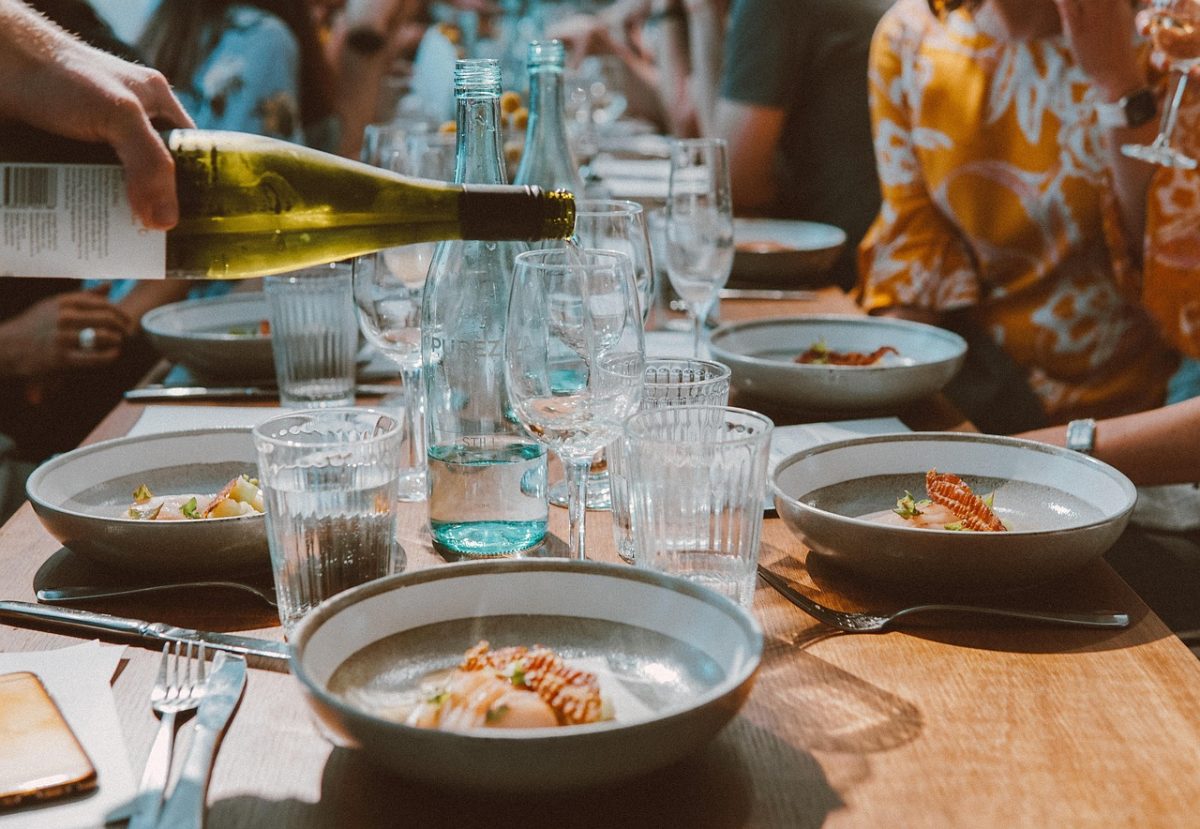When you’re grieving, you might find yourself wondering whether what you’re experiencing is normal grief or something more concerning like depression. As a counsellor in Beaconsfield, I’m often asked this question, and it’s an important one. The truth is, grief and depression can look similar, but there are some key differences that can help you understand what you’re experiencing.
Grief tends to come in waves. You might have moments of intense sadness followed by periods where you feel relatively okay, perhaps even able to laugh or enjoy something. These feelings often relate directly to your loss, triggered by memories, places, or significant dates. With grief, you can usually still connect with others and find moments of comfort, even if they’re fleeting.
Depression, on the other hand, often feels more constant and pervasive. It’s like a heavy blanket that colours everything grey. With depression, you might struggle to find pleasure in anything, feel persistently worthless, and find it difficult to imagine things improving. The sadness isn’t necessarily connected to specific triggers but rather feels like an ongoing state of being.
There are some important signs that your grief might have developed into depression. If you’re experiencing persistent feelings of worthlessness or guilt unrelated to your loss, thoughts of harming yourself, or an inability to function in daily life for an extended period, these are signals that you might benefit from professional support.
It’s also important to know that grief and depression aren’t mutually exclusive. You can experience both simultaneously. Sometimes, the stress and emotional toll of grief can trigger depression, particularly if you have a history of mental health challenges. This doesn’t mean you’re failing at grieving or that there’s something wrong with you. It simply means you need additional support.
The timeline can also offer clues. Whilst grief has no set schedule, if you’re finding that months have passed and you’re feeling worse rather than gradually adjusting to your loss, or if you’re unable to engage with life in any meaningful way, it might be worth exploring whether depression has taken hold.
If you’re uncertain about what you’re experiencing, please don’t try to navigate this alone. As a counsellor specialising in grief and depression, I can help you understand your feelings and provide appropriate support. Whether you’re experiencing grief, depression, or both, there are ways to help you cope and move forward. Please get in touch for an initial consultation where we can explore what you’re experiencing and discuss how best to support you during this difficult time.







